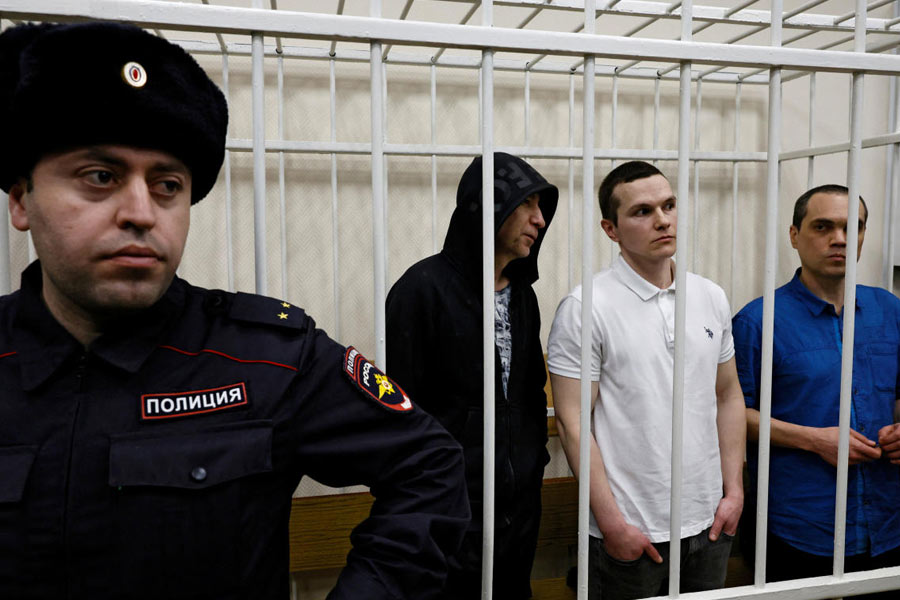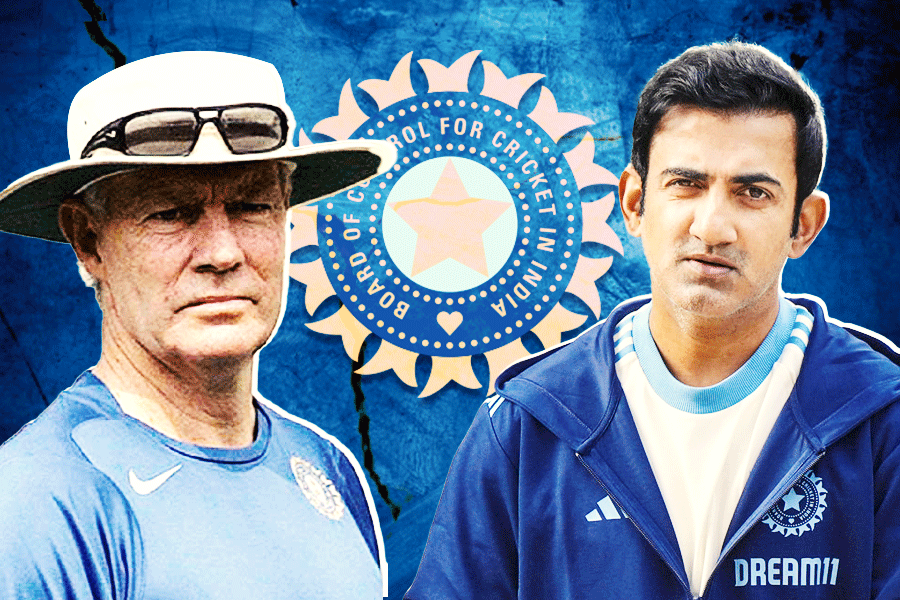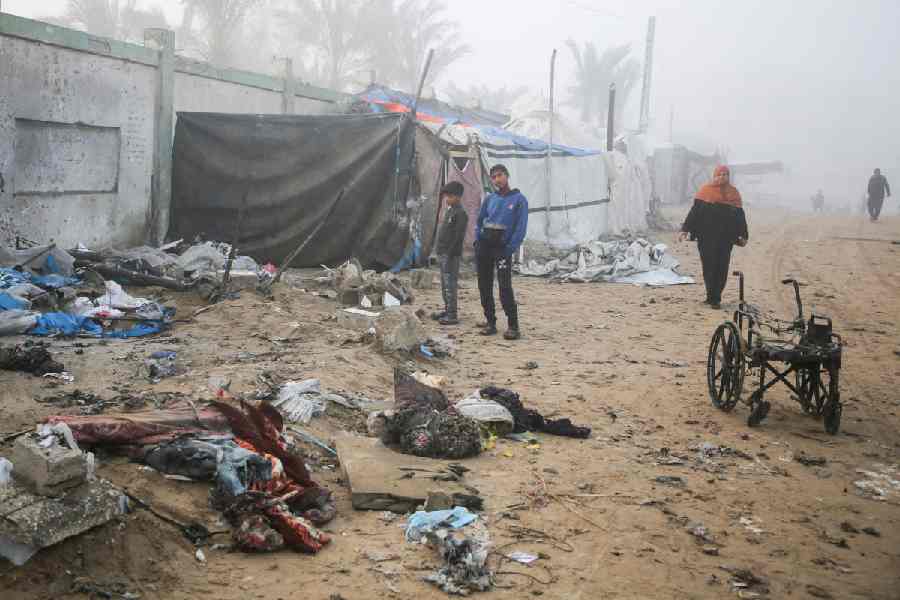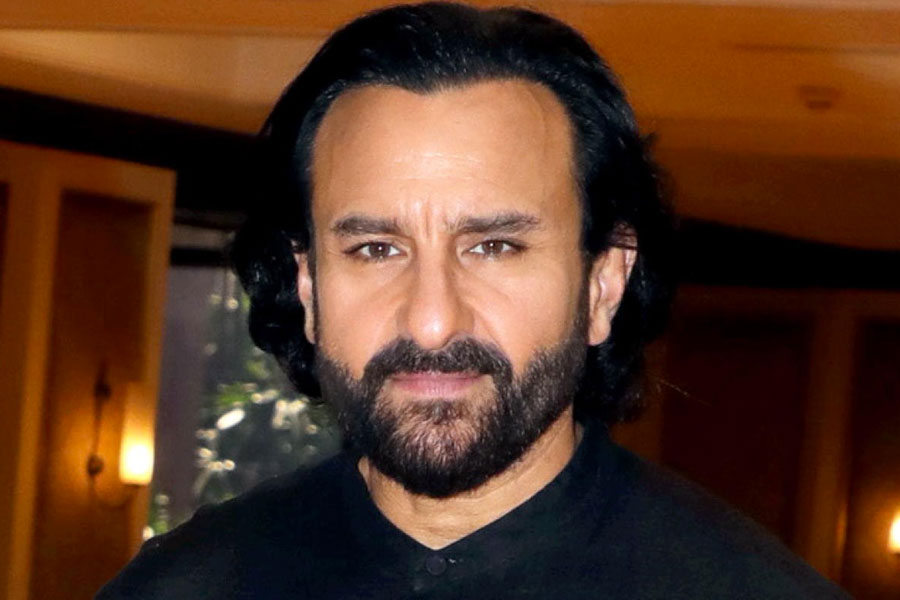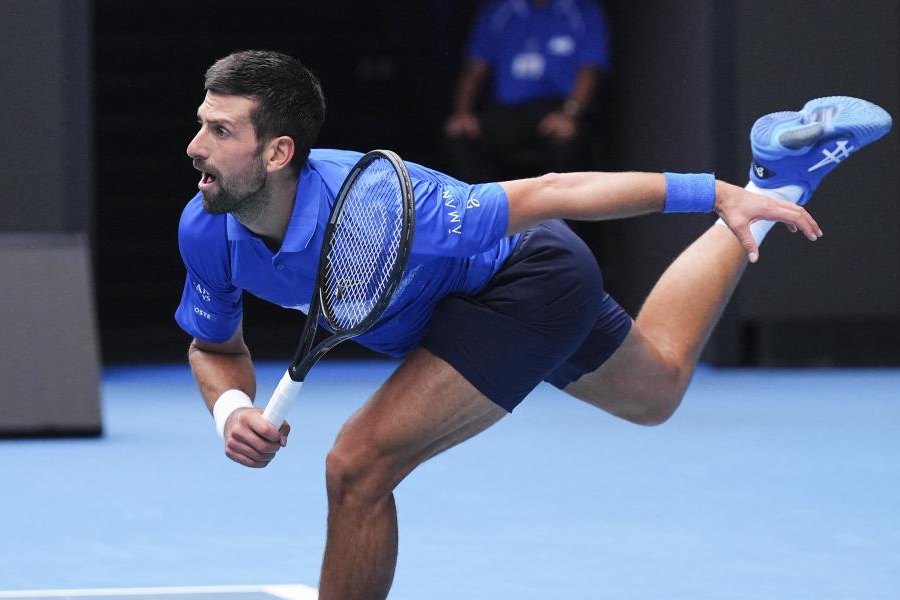Three lawyers for the late opposition leader Alexei Navalny were found guilty by a Russian court on Friday of belonging to an extremist group and sentenced to years in a penal colony.
Igor Sergunin, Alexei Liptser and Vadim Kobzev were arrested in October 2023 and added the following month to an official list of "terrorists and extremists".
They were sentenced respectively to 3-1/2, 5 and 5-1/2 years after a trial held behind closed doors in the Vladimir region, east of Moscow.
Human rights activists say the prosecution of lawyers who defend people speaking out against the authorities and the war in Ukraine crosses a new threshold in the repression of dissent under President Vladimir Putin.
"This is a gross violation of the very principles of law," said Pervy Otdel (First Department), a legal association that represents people accused of grave crimes.
"Lawyers are not partners or accomplices of their clients; they provide them with defence, the right to which is enshrined in the constitution of Russia."
Navalny, who died suddenly in an Arctic penal colony in February last year, was himself convicted of extremism and other charges, all of which he denied. His wife Yulia Navalnaya has described the lawyers as political prisoners and said they were arrested for simply doing their job.
The Kremlin says it does not comment on individual court cases, but authorities have cast Navalny and his supporters as Western-backed traitors seeking to destabilise Russia.
Despite his imprisonment, Navalny was able via his lawyers to post on social media and file frequent lawsuits over his treatment in prison, using the resulting legal hearings as a chance to keep speaking out against the government and the war.
The lawyers were accused of enabling him to continue to function as the leader of what the government called an extremist group, even from behind bars, by passing his messages to the outside world.
Yulia Navalnaya last month published video of secretly recordings between Navalny and the lawyers in prison, something she said was illegal because an accused person has the right to confer privately with a lawyer. Russia's federal prison service did not reply to a request for comment.
Navalnaya said the recordings were made by the authorities but handed to Navalny's team after they offered a reward for people to come forward with information about his death.

